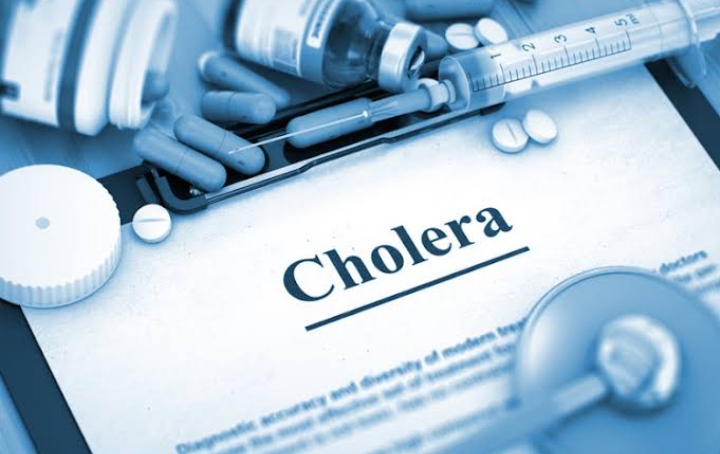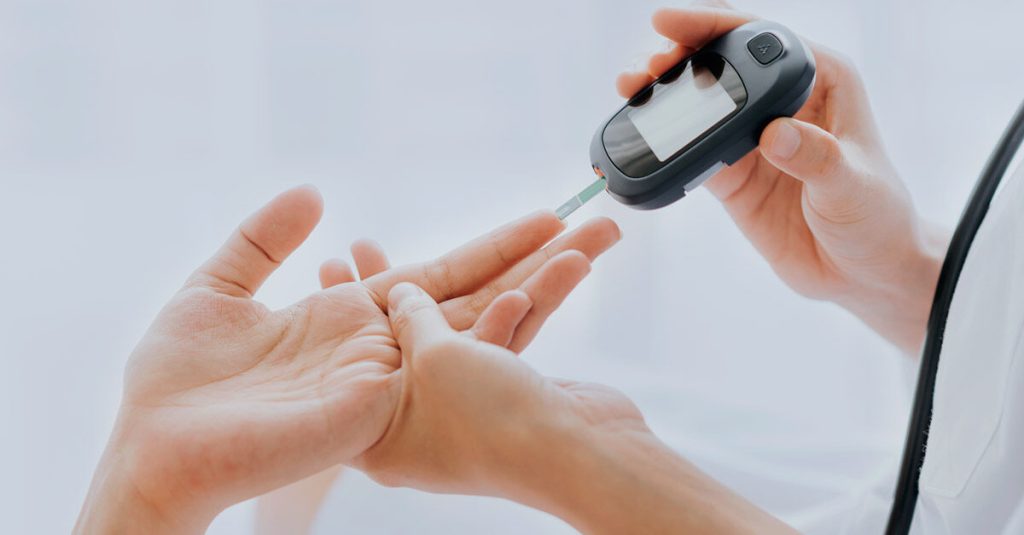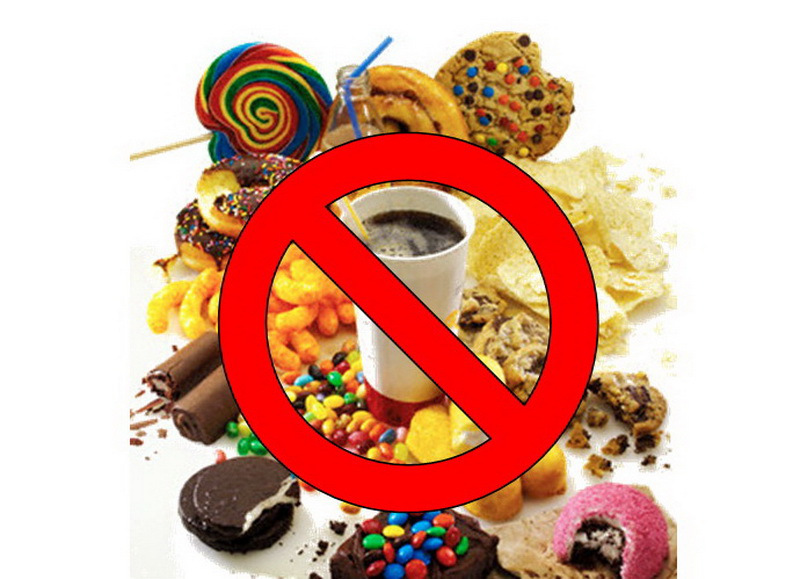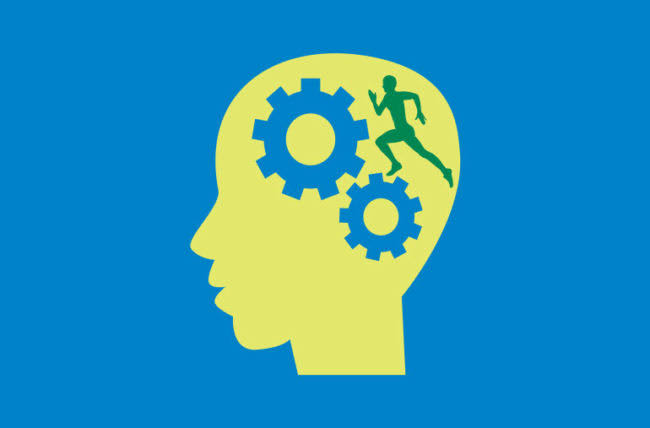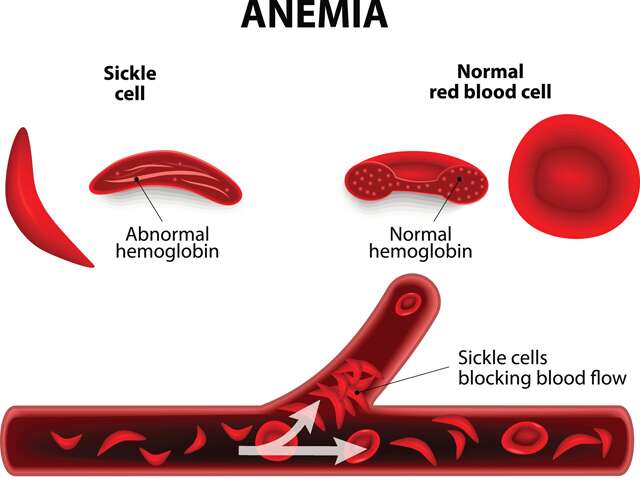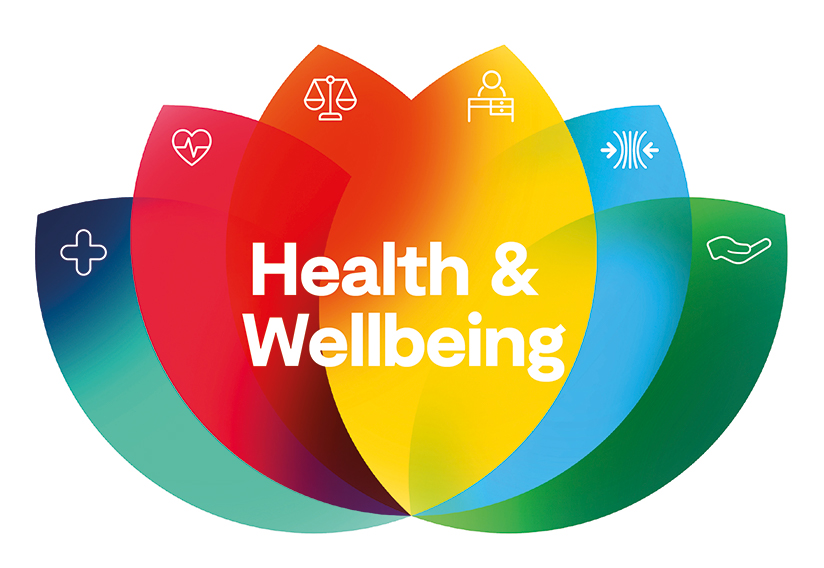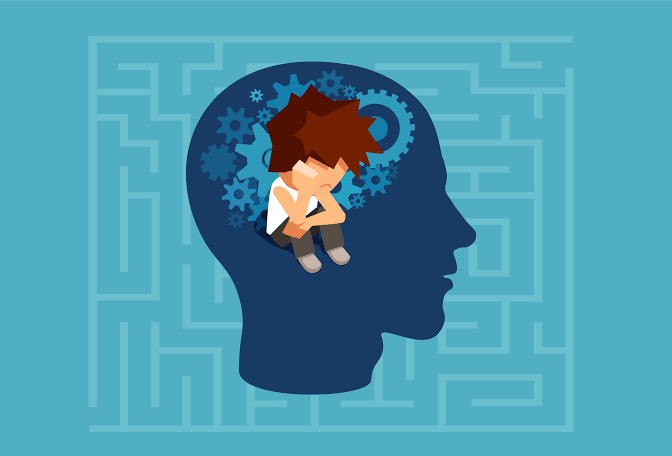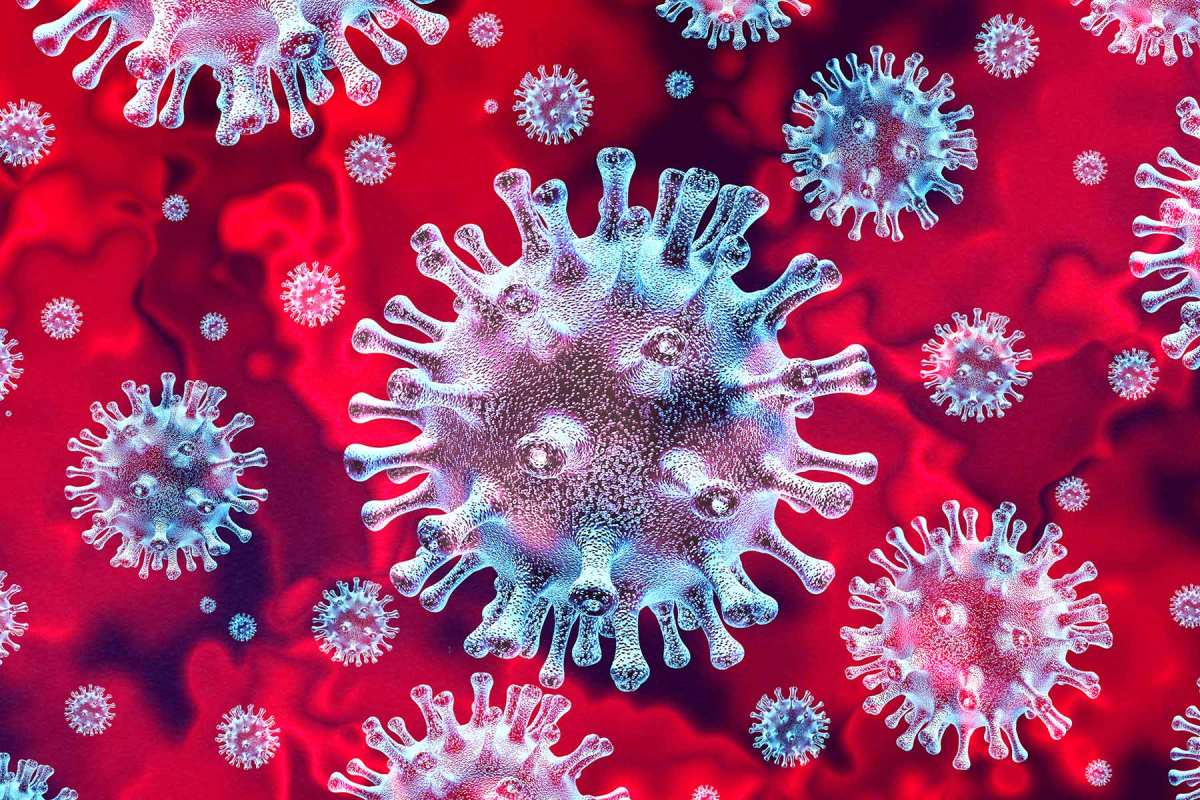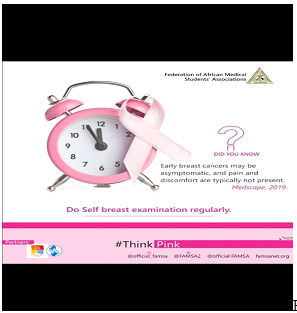By Orobiyi Elizabeth
How many of you experience headache while on your period? If so, do you want to know why and how to curb it? Then follow me as I take you through the journey of something new.
Headaches during menstruation can be referred to as menstrual migraines or menstrual headaches. You know the regular headache one feels on a normal day, yes? So this coupled with your period is what brings about the name menstrual headaches.
Menstrual headaches are primarily responsible by several factors such as;
1. HORMONAL FLUCTUATIONS
Before menstruation, estrogen level drops drastically which triggers headache in individuals. You know what estrogen is, right? Oh well, let me help with that. Estrogen are natural steroids (such as estradiol) that are formed from androgen precursors, that are secreted chiefly by the ovaries, placenta, adipose tissue, and testes, and that stimulate the development of female secondary sex characteristics and promote the growth and maintenance of the female reproductive system. Estrogen plays a role in the regulation of brain chemicals that influence pain sensation.
Not only does the estrogen level decrease but also the progesterone. Just like the estrogen, the progesterone level drop before menstruation. This hormonal change can contribute to menstrual migraine. Progesterone helps to prepare the endometrium for implantation and later by the placenta during pregnancy to prevent rejection of the developing embryo or fetus. However, when the progesterone level drops before menstruation, it results to headaches in susceptible individuals.
2. DEHYDRATION
When the body releases blood during menstruation, it results to dehydration which is a common trigger for headaches. It’s as simple as that! The more liquid is been taken out of your body, the more dehydrated you’ll be thus resulting to headaches.
3. ANEMIA
Heavy menstrual flow can cause a drop in iron levels which potentially results to anemia. Anemia results to fatigue and headache. Anemia is a medical condition where the body has a lower than normal number of red blood cells or the red blood cells do not have enough hemoglobin, a protein that carries oxygen to different parts of the body. As a result, the body’s tissues and organs do not receive the
The headaches associated with anemia are often described as:
• Dull and diffuse
• Mild to moderate in severity
• Worsening with physical activity or exertion
4. STRESS AND FATIGUE
Menstruation can be a physically and emotionally taxing process, leading to increased stress and fatigue, which can trigger headaches.
How To Curb Menstrual Headaches;
1. Hydration: Drink lots of water on your period. I mean, lots of water. Hydration can help prevent dehydration -related headaches.
2. Balanced Diet: Eating a balanced diet rich in iron and magnesium can help alleviate headache. Iron related foods and fruits which can be accessible within UI and it’s environs are; Fruits( Oranges, Grapefruit, Pineapple, Watermelon, Date) Foods ( Beef, kidney beans, while wheat bread, bell peppers, tomatoes).
3. Medication: For a severe menstrual migraines, consult a healthcare provider for appropriate options.
And so, dear ladies, when next you get that pounding on your head or that dull ache, ensure that you have dotted your ‘I’s and crossed your ‘T’s. If symptoms persists severely, do well to reach out to a medical personnel.
Cheers to headache-free periods.

